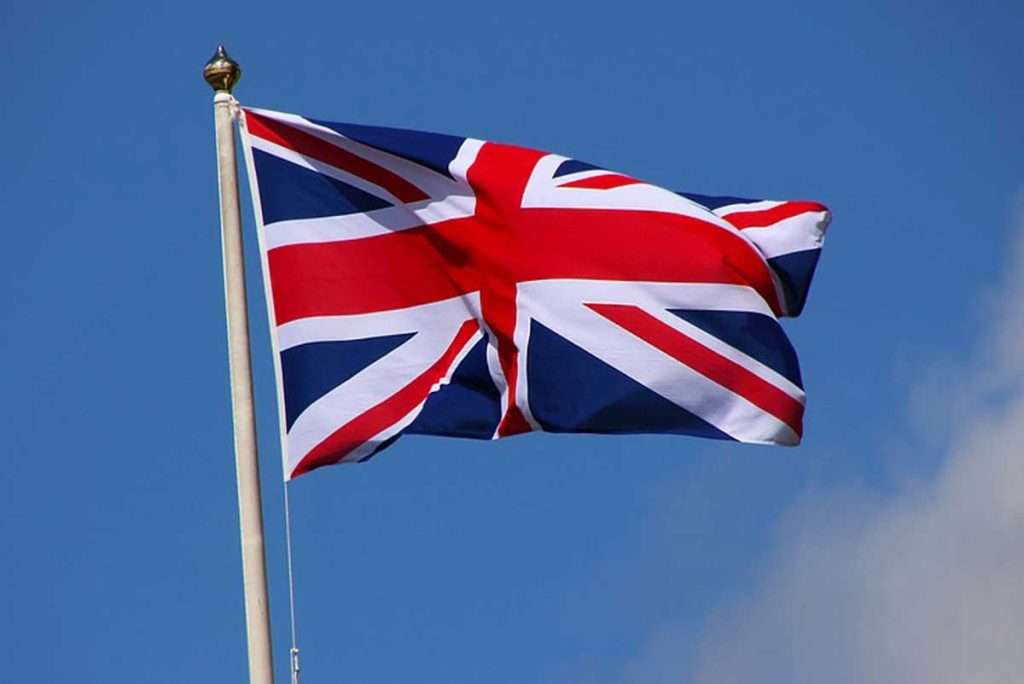Image Courtesy – Pintrest
The UK’s Office for National Statistics (ONS) reported a contraction in the gross domestic product (GDP) by 0.3% during the last quarter of the year, marking the second consecutive quarterly decline. In the fourth quarter, all three key sectors of the economy saw contractions, with services decreasing by 0.2%, production by 1%, and construction output by 1.3%. While there is no official definition of a recession, the occurrence of two consecutive quarters of negative growth is widely acknowledged as a technical recession. Jeremy Hunt, the UK Finance Minister, identified high inflation as the primary impediment to growth, as it compels the Bank of England to maintain firm interest rates, hindering economic expansion.
Why traditional economics are not working in UK?
Central banks exacerbate the situation by adopting a counterproductive approach. Entrapped in a retrospective mindset, they assert that a justified response to companies wielding market power is to escalate borrowing costs through a series of interest rate hikes. This strategy aims to discourage wage claims, which they erroneously attribute to inflation.
The Guardian identifies a phenomenon they call ‘Greedflation’ also affecting the hike in prices (Link 01).
Why inflation isn’t reversing?
The primary goal of the Bank is to mitigate inflation. However, the probability of the interest rate increase having any impact on inflation is low. While there might be a slight effect on import prices, stemming from higher rates preventing a further decline in the pound’s value, elevating the borrowing costs for citizens and businesses in the UK will not alleviate the predominant source of inflation – the global surge in oil, gas, and food prices.
The government’s approach isn’t conducive to economic recovery either. While Chancellor Rishi Sunak’s consumer support package in May provides a substantial stimulus, the overall fiscal stance is contractionary. Significant tax hikes are reducing demand in the economy, reflecting Sunak’s prioritization of limiting public borrowing over maintaining lower taxes or increased spending.
Simultaneously, the Bank of England is raising rates, a move unlikely to impact inflation but certain to dampen consumer spending. This dual action of reducing demand through tax increases and curbing spending through interest rate hikes occurs against the backdrop of a contracting UK economy.
Rising production costs have various roots, including central banks creating money during the COVID-19 pandemic. While this injection facilitated government spending, it also led to increased demand post-lockdown, straining global supply chains, especially due to China’s ongoing lockdown. The Ukraine war further escalated prices, particularly for energy, exacerbating inflation.
To stimulate growth, the UK must draw more people into the labor market by offering higher wages and improving labor conditions. Ideally, the government would negotiate productivity deals with businesses and unions, fostering higher investment and earnings, aligning with the “levelling up” strategy. However, the current economic policy landscape falls short of such rationality.
While rate hikes in the UK haven’t induced a recession, they have contributed to weak growth. Many face challenges with the cost of living, rent, or mortgage expenses, with several million individuals expecting higher mortgage rates as fixed-rate deals expire by the end of 2024. If interest rate hikes prove ineffective in curbing inflation, a shift in the opposite direction should be considered before the economic situation deteriorates further. To safeguard the pound, leading central banks should coordinate policies and cut rates collectively.
High time to rethink economics
Nonetheless, interest rate hikes continue to be the favored solution to address inflation.
However, economists are expressing apprehension that relying on interest rate hikes as a strategy to address inflation might inadvertently precipitate a recession.
The increase in interest rates raises the cost of expansion for businesses, potentially resulting in reduced investments and, consequently, adverse effects on employment and jobs.
Link 01 – https://www.theguardian.com/business/2023/jun/03/ever-higher-interest-rates-wont-solve-the-problem-of-greedflation






